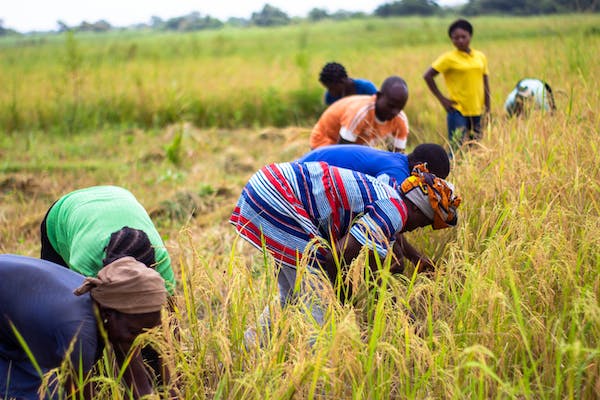As a country with a significant agricultural sector, Nigeria is home to a large number of smallholder farmers. These farmers play a crucial role in the nation’s food production and supply, yet they often face various challenges, including limited resources, climate change, and environmental degradation. In light of these challenges, the exploration of sustainable farming techniques becomes essential to ensure the long-term viability of smallholder farming in Nigeria.
Challenges Faced by Smallholder Farmers in Nigeria Smallholder farmers in Nigeria encounter several obstacles that hinder their productivity and sustainability. These challenges include:
Limited access to modern farming technologies and techniques. Climate change impacts, such as erratic weather patterns, droughts, and floods. Soil degradation and erosion, leading to reduced fertility and productivity. High post-harvest losses due to inadequate storage and processing facilities. Lack of access to markets, leading to low profitability and income instability.
Sustainable Farming Techniques
To address these challenges, smallholder farmers in Nigeria can benefit from adopting various sustainable farming techniques, including:
Agroforestry: Intercropping trees with food crops to improve soil fertility, provide shade, and diversify income sources.
Conservation Agriculture
Emphasizing minimum soil disturbance, crop rotation, and the maintenance of permanent soil cover to enhance soil health and water retention.
Water Harvesting and Irrigation: Implementing rainwater harvesting techniques and efficient irrigation systems to mitigate the impacts of water scarcity and irregular rainfall patterns.
Organic Farming: Utilizing natural fertilizers, crop rotation, and biological pest control to improve soil health, reduce chemical use, and enhance crop resilience.
Market Access and Value Addition: Facilitating access to markets through cooperative networks, and adding value to agricultural products through processing and packaging.
Government Support and Policy Interventions The Nigerian government, in collaboration with relevant stakeholders, should play a pivotal role in promoting sustainable farming techniques among smallholder farmers. This can be achieved through:
Provision of subsidies and support for the adoption of sustainable farming practices. Investment in rural infrastructure, including roads, storage facilities, and market linkages. Promotion of climate-smart agricultural policies and practices to build resilience to climate change. Capacity building and extension services to educate farmers on sustainable techniques and best practices
Exploring sustainable farming techniques for smallholder farmers in Nigeria is crucial for ensuring food security, environmental sustainability, and the economic well-being of rural communities. By embracing these techniques and receiving adequate support from the government and relevant stakeholders, smallholder farmers can enhance their productivity, resilience, and overall livelihoods. This, in turn, can contribute to the sustainable development of Nigeria’s agricultural sector.


